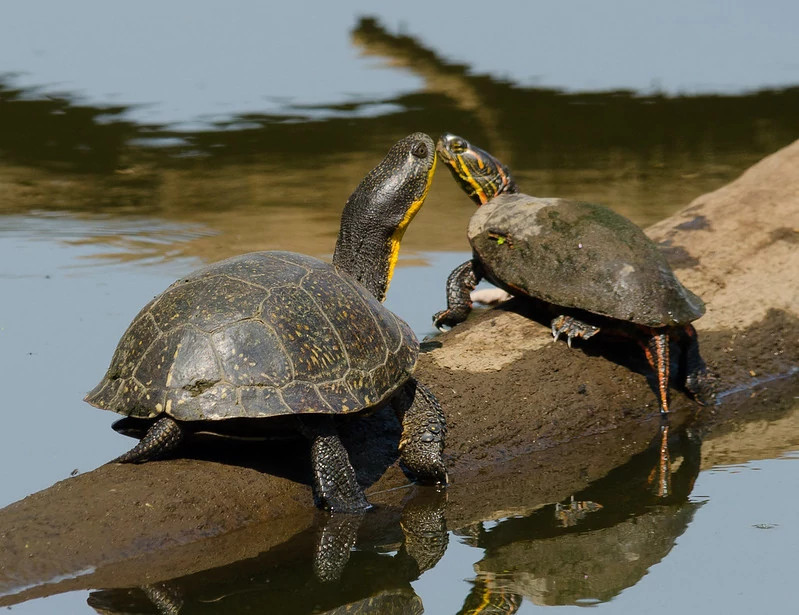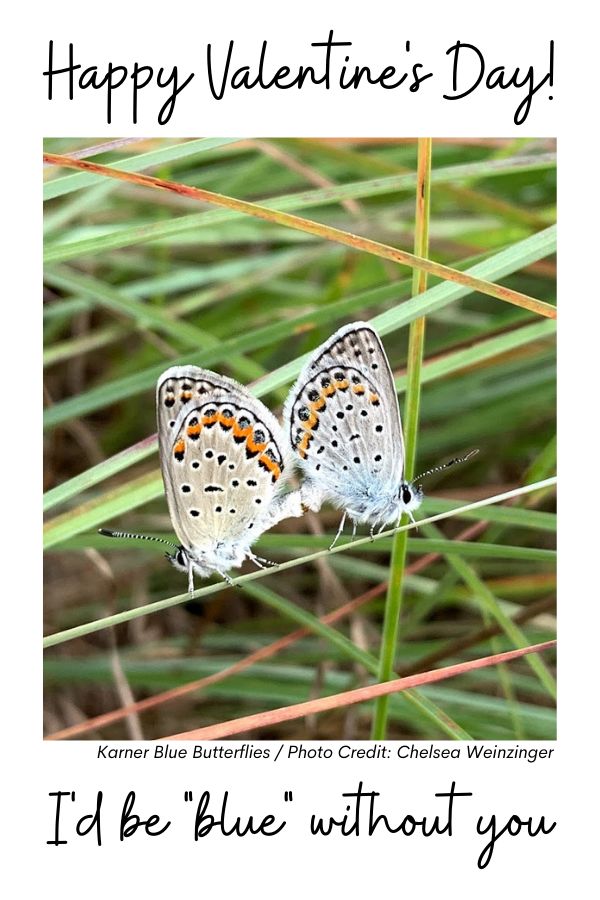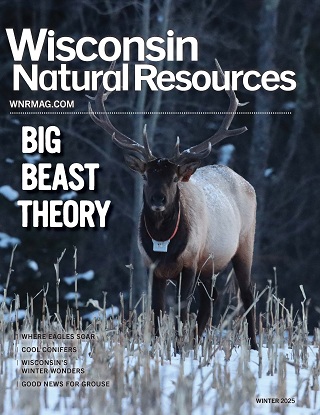Contact: Drew Feldkirchner, DNR Natural Heritage Conservation Director
Drew.Feldkirchner@wisconsin.gov or 608-235-3905
Double Your Love For Nature This Valentine's Day
All Donations Matched When Filing A Wisconsin Income Tax Form
 Blanding's and painted turtles benefit when you donate to Endangered Resources on your state income tax form.
Photo credit: Josh Mayer
Blanding's and painted turtles benefit when you donate to Endangered Resources on your state income tax form.
Photo credit: Josh Mayer

MADISON, Wis. – Double your love for nature this Valentine's Day by donating to the Wisconsin Department of Natural Resources’ (DNR) Endangered Resources Fund. All donations made through your Wisconsin income tax form are matched and go directly to conserve rare plants, animals and State Natural Areas.
Tax filing season opens Feb. 12 and all donors can print a card to share with their valentine. For tax year 2020, the Endangered Resources donation is found on Form 1, line 21a; for part-year/ non-residents filing Form 1NPR, it is on line 55a. Look for the donations section with your tax software, or let your tax preparer know you want to donate to the Endangered Resources Fund. Learn more about how to donate and print off a Valentine’s Day card to acknowledge your gift on the DNR’s tax check off webpage.
"Donating to the Endangered Resources Fund is a quick and easy way to give back to nature," said Drew Feldkirchner, DNR Natural Heritage Conservation Program Director.
Card designs celebrate progress made possible in part by donations to the Endangered Resources Fund.
- Karner blue butterflies: Wisconsin has the world's largest population of this federally endangered species. Habitat protection and restoration work by DNR partners and landowners helped lift this beautiful butterfly and contributed to a 30% overall population increase at recovery sites in 2020 from 2019.
- Little brown bats: These voracious eaters of mosquitoes and agricultural pests are an essential part of Wisconsin ecosystems but have been decimated by white-nose syndrome (WNS), a deadly disease of hibernating bats. Donations help DNR bat biologists assist partners conducting the first vaccine trials in the wild to help bats fight WNS, monitor populations and aid other research to guide recovery actions.
- Calypso orchids: Wisconsin has 48 species of native orchids and the beautiful Calypso orchid is one of the rarest. Tax form donations help staff train volunteers to check on this rare plant's populations and manage State Natural Areas to protect the habitat these plants need.
- Painted and Blanding's turtles: Wisconsin has 11 turtle species, 4 of which are endangered, threatened or of special concern. Blanding's are a species of special concern, while painted turtles are common. Donations help fund the Wisconsin Turtle Conservation Program, which enlists Wisconsin residents to help report deadly road crossings for turtles, along with other turtle monitoring and nest protection efforts.
"We're grateful to everyone who donated in past years,” said Feldkirchner. "Our NHC 2020 Field Notes is filled with stories of the progress your donations have made possible. We ask you to donate again to help us do more great work together. Conservation is a team effort."
In Wisconsin, more than 400 wildlife species and 300 plant species are endangered, threatened or declining. Donations to the Endangered Resources Fund pay for work by staff from the DNR Natural Heritage Conservation program to monitor these rare species, to coordinate, train and fund volunteer surveyors, and to protect and restore habitat for endangered, threatened and declining species.
Donations also help the DNR control invasive species and conduct other activities to maintain hundreds of State Natural Areas, protecting unique landscapes and natural features. These special places also provide refuge to 75% of Wisconsin's endangered and threatened wildlife species and 90% of our endangered and threatened plant species.

